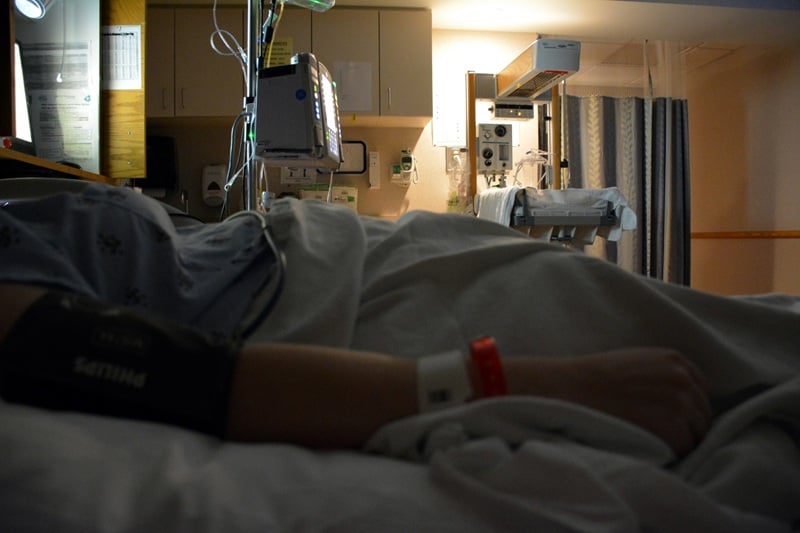A 38-year-old woman from Thachanattukara in Kerala’s Palakkad district has tested positive for the deadly Nipah virus, putting the southern Indian state on high alert. She is currently receiving treatment at a private hospital in Malappuram as health officials race to contain the spread.
The virus has also been linked to a recent death. An 18-year-old woman from Makkaraparamba succumbed to Acute Encephalitis Syndrome (AES) complications on July 1, with Nipah suspected as the cause. Her test results from the National Institute of Virology in Pune are still awaited.
Kerala Health Minister Veena George has confirmed that Nipah protocols have been activated, with 26 special teams formed in each affected district – Malappuram, Palakkad, and Kozhikode – for contact tracing, symptom monitoring, and public awareness.
“A total of 345 people have already been determined to have been in contact with the two patients,” said George. Of these, 211 are in Malappuram, 91 in Palakkad, and 43 in Kozhikode – all healthcare workers.
Containment measures in place
Authorities have established strict containment zones within a three-kilometer radius of the confirmed patient’s home in Palakkad. These include Wards 7, 8, 9, and 11 in Thachanattukara Grama Panchayat and Wards 17 and 18 in Karimpuzha Grama Panchayat.
“All areas under ward 8 have been declared as containment zones while a few other wards partially in a three-kilometre-radius have also been adjudged as containment areas,” explained Muhammed Saleem KP, president of the local panchayat.
Public gatherings are prohibited in these zones, with shop timings restricted and educational institutions closed. Medical facilities are being prepared, with specific floors at Palakkad Medical College and Kozhikode Medical College designated for isolation and treatment.
What is Nipah virus?
Nipah is a zoonotic virus that spreads from animals to humans. Fruit bats of the Pteropus species (flying foxes) are the natural carriers. The virus was first identified in 1998 during an outbreak among pig farmers in Malaysia, named after the village Sungai Nipah.
The virus can spread through:
- Direct contact with infected animals
- Consuming food or drinks contaminated with bat saliva or urine
- Close contact with infected persons or their bodily fluids
What makes Nipah particularly dangerous is its high mortality rate – between 40% and 75% of cases result in death.
Similar Posts:
Recognizing Nipah symptoms
Initial symptoms appear 4-14 days after exposure and include:
- Fever
- Headache
- Muscle pain
- Sore throat
- Vomiting
- Dizziness
In severe cases, the infection progresses to brain inflammation (encephalitis), causing confusion, seizures, coma, and often death within 24-48 hours.
Kerala’s recurring battle
This marks Kerala’s sixth encounter with Nipah since 2018. Previous outbreaks include:
- 2018: 17 deaths in Kozhikode
- 2019: One case in Ernakulam (patient recovered)
- 2021: Death of a 12-year-old boy in Kozhikode
- 2023: Six cases with two deaths in Kozhikode
- 2024: Cases in Malappuram district
- 2025: Current outbreak in Palakkad/Malappuram
Scientists at Kerala’s Institute of Advanced Virology are working to understand why the virus repeatedly appears in this region. They have developed a novel pseudovirus neutralization test to study transmission patterns between bats, potential intermediate hosts, and humans.
Prevention remains vital
With no approved vaccine or specific treatment available, prevention is crucial. Health officials recommend:
- Avoiding contact with sick bats and pigs
- Thoroughly washing fruits before eating
- Not consuming raw date palm sap
- Practicing good hand hygiene
- Using protective equipment when caring for patients
As Kerala mobilizes its healthcare resources to fight this latest outbreak, the focus remains on swift containment to prevent further spread of this deadly virus that has repeatedly challenged the state’s public health system.



















